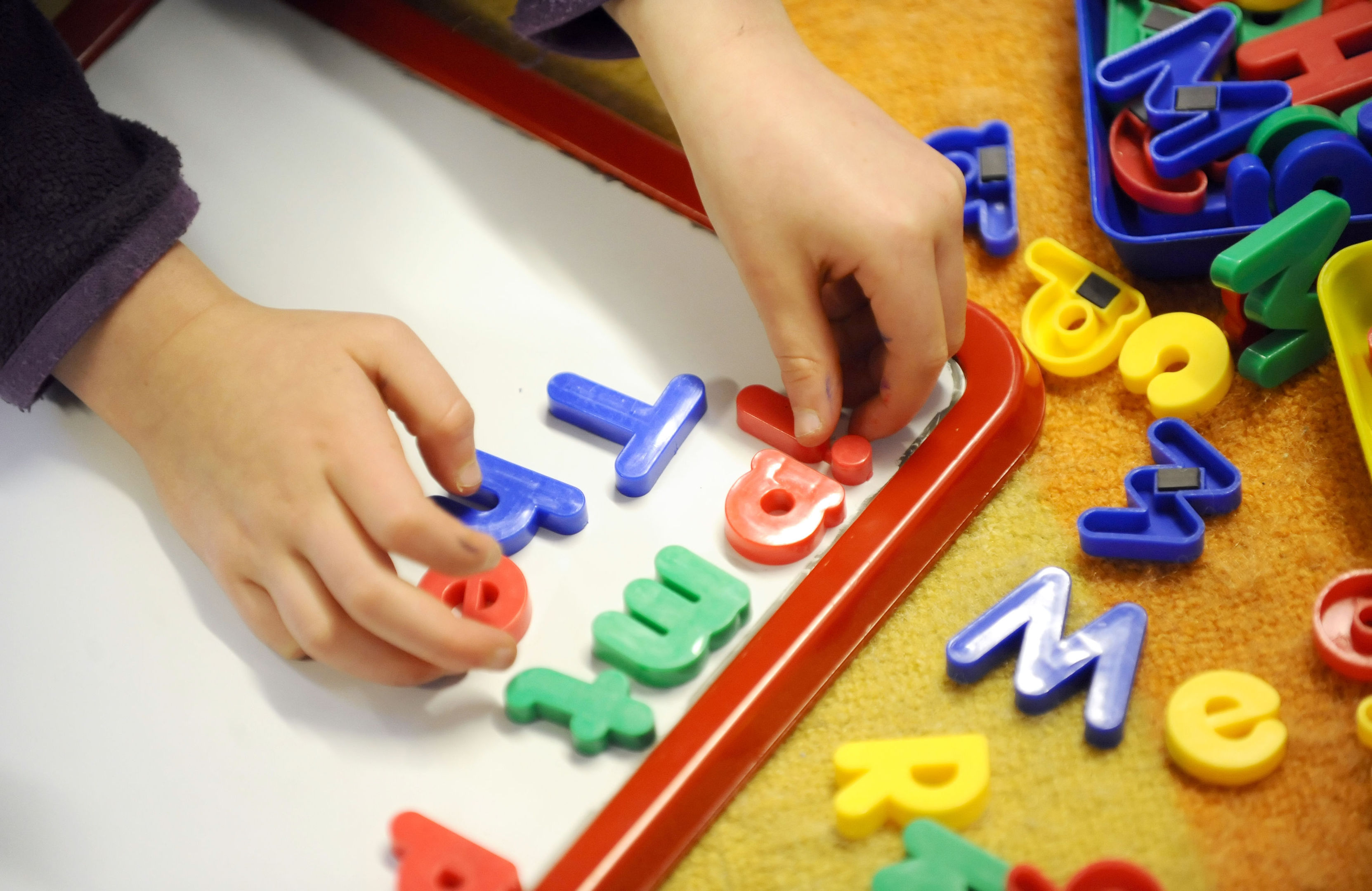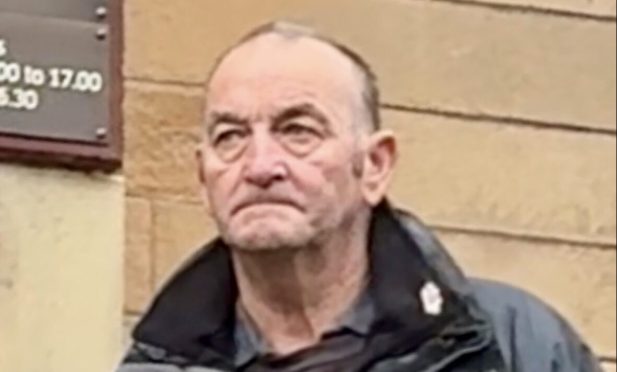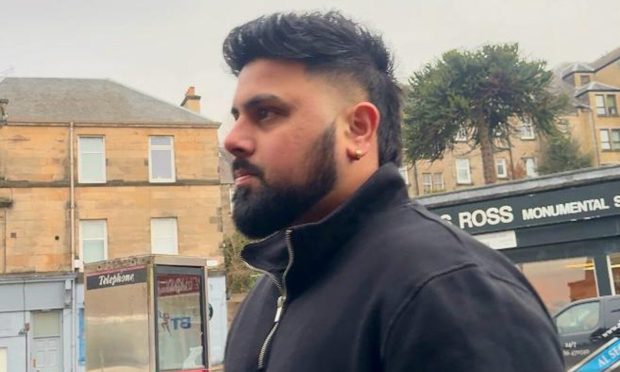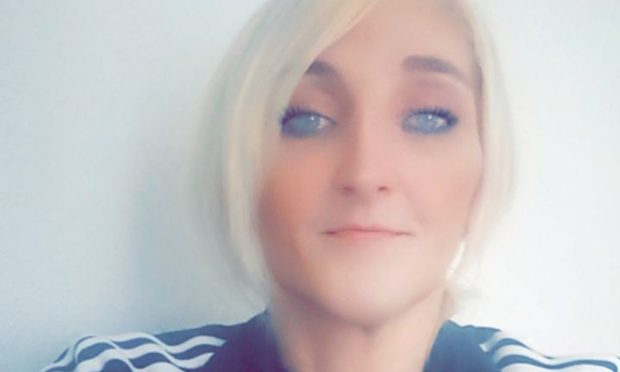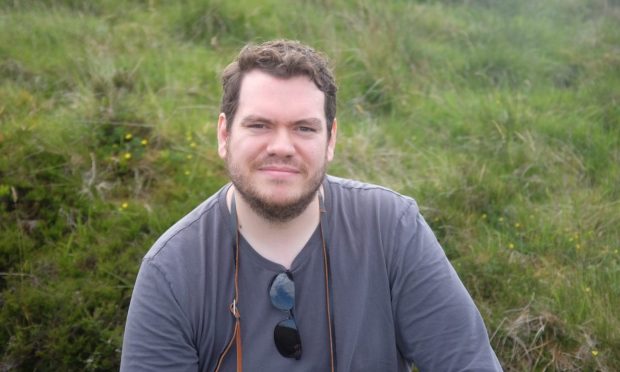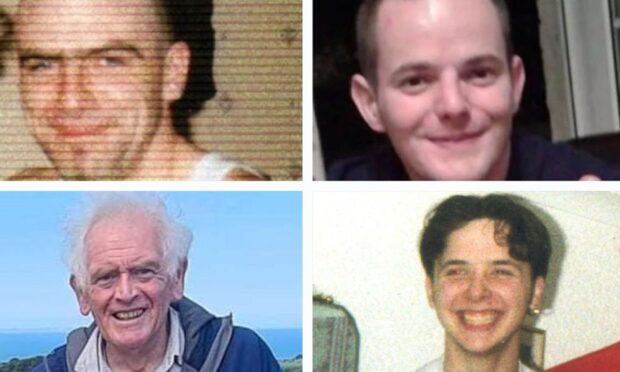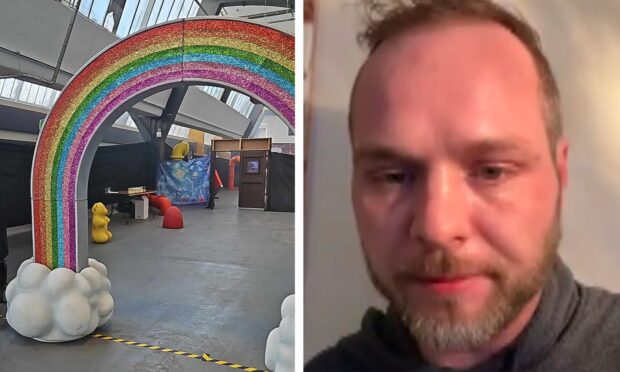Almost two-thirds of Scots believe the plan to introduce a named person for every child in the country is an “unacceptable intrusion” into family life, according to a poll.
The Survation poll of 1,024 adults for the Scottish Daily Mail found 64% thought the policy – which will assign a single point of contact such as a teacher or health visitor to look out for the welfare of children under 18 – was intrusive.
More than a third (34.3%) “strongly” agreed with the statement “assigning a named person to every child, whether vulnerable or not, is an unacceptable intrusion into family life” while 29.8% “somewhat” agreed and 18.5% disagreed.
More than half (54%) of those who voted SNP in last month’s Holyrood election thought the policy was intrusive, rising to 66% among Labour supporters and 85% of Tory voters.
Details of the survey, carried out between May 27 and June 2, were published in advance of MSPs debating the issue on Wednesday.
The Scottish Conservatives will use their parliamentary debating time to renew calls for a pause before the scheme comes into force across Scotland in August.
The party opposed the policy during the election campaign, describing it as an “unacceptable intrusion into family life” which spreads resources too thinly.
The debate was reignited last week following the convictions of Rachel Trelfa, or Fee, and her partner Nyomi Fee for the murder of Liam Fee.
Liam, two, was killed at the family’s home in Fife, one of the areas in Scotland which is piloting the initiative.
The No to Named Persons (NO2NP) campaign group, which is spearheading a legal challenge to the policy, questioned if “this universal scheme got in the way of the kind of targeted intervention we all wish had been used to save his life”.
Education Secretary John Swinney said that Liam’s death “has absolutely nothing to do with named person” and described attempts to establish a link as “atrocious”.
